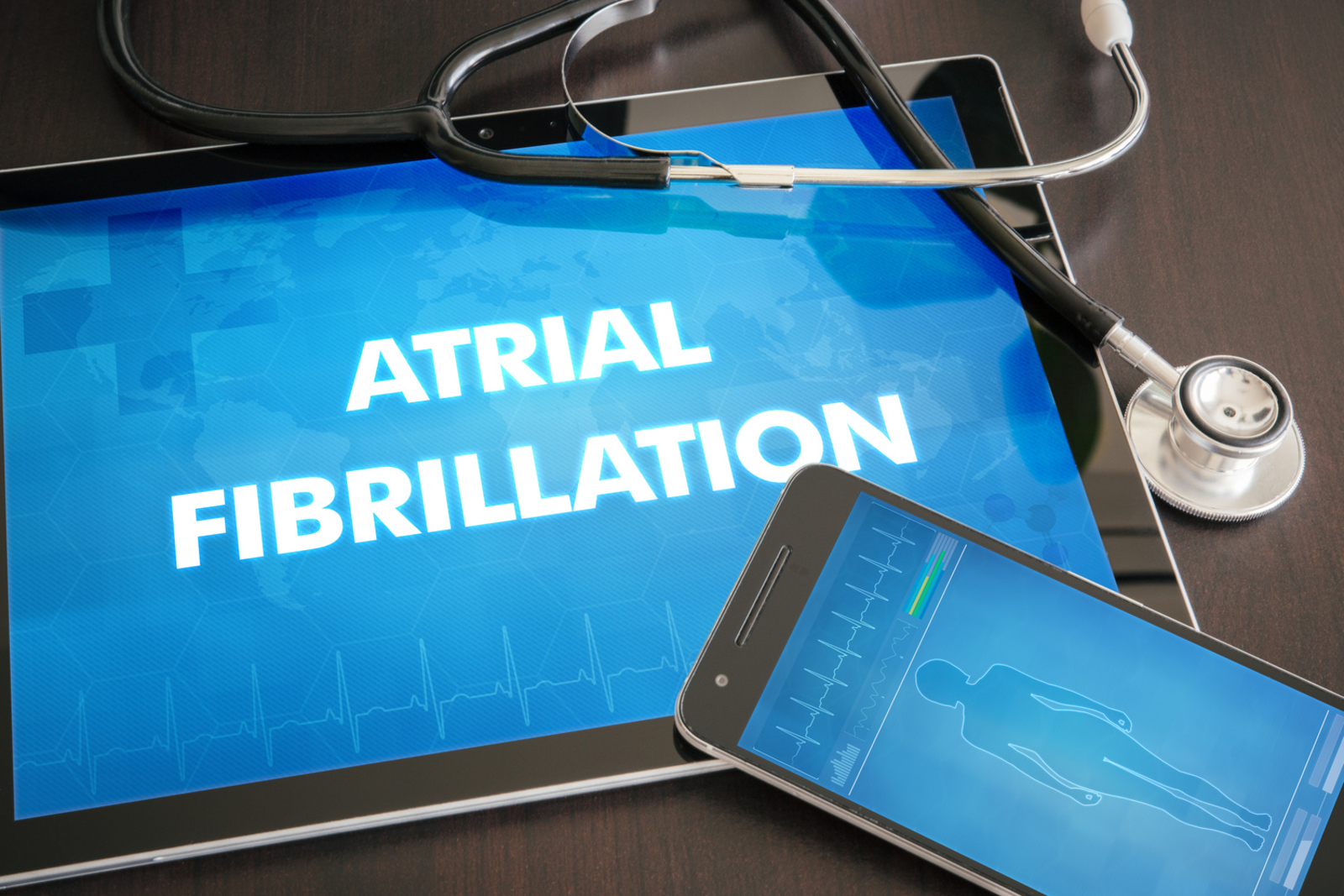
9 Treatments to Manage Atrial Fibrillation
Atrial fibrillation (AFib) is a common heart condition that affects millions of people worldwide. It occurs when the heart’s upper chambers (atria) contract rapidly and irregularly, which can cause a range of symptoms including palpitations, shortness of breath, fatigue, chest pain, and dizziness. If left untreated, AFib can increase the risk of stroke, and other serious complications—while increasing the need for heart failure treatment. Fortunately, there are many effective treatments available to detect AFib symptoms and manage AFib and reduce the risk of complications. Here are the most common treatments for AFib:
1. Mechanical heart valve replacement
Mechanical heart valve replacement is a surgery that implants an artificial steel alloy valve that never wears out, and aims to replace a malfunctioning mitral valve in the heart that’s too narrow or doesn’t close right. The artificial valve will work efficiently to help blood flow the right direction through your heart. Following the surgery, patients who receive a mechanical valve will need to take blood thinners for the rest of their lives to prevent the formation of dangerous blood clots.
2. Beta blockers
Beta blockers are another type of medication that can be used to manage AFib symptoms. They work by blocking the effects of adrenaline on the heart, which can help to slow down the heart rate and reduce the risk of complications. Common beta blockers used for AFib include metoprolol and atenolol.
3. Antiarrhythmic medications
Antiarrhythmic medications are a type of medication that can help to regulate the heart’s rhythm and prevent AFib episodes. They work by blocking the electrical signals that trigger AFib, which can help to keep the heart in a normal rhythm. Common anti-arrhythmic medications used for AFib include amiodarone, flecainide, and propafenone.
4. Blood thinners
Blood thinners are medications that can help to reduce the risk of stroke and other complications associated with AFib. They work by preventing blood clots from forming in the heart, which can reduce the risk of stroke. Common blood thinners used for AFib include warfarin, dabigatran, and rivaroxaban.
5. Cardioversion therapy
Cardioversion therapy is a procedure that can be used to restore the heart’s normal rhythm. It involves delivering an electric shock to the heart, which can help to reset the heart’s electrical signals and restore a normal rhythm. Cardioversion therapy can be performed using either external paddles or an implantable device.
6. Cardiac ablation
Cardiac ablation is a procedure that can be used to treat AFib by destroying the tissue in the heart that is causing the irregular rhythm. It involves inserting a catheter into the heart and using radiofrequency energy or cryotherapy to destroy the abnormal tissue. Cardiac ablation is typically reserved for patients who have not responded to other treatments.
7. Pacemaker implant for AFib
A pacemaker implant is a device that can be used to manage AFib symptoms by regulating the heart’s rhythm. It works by sending electrical signals to the heart to help it beat at a normal rate. Pacemaker implants are typically reserved for patients who have other heart conditions, such as heart failure, in addition to AFib.
8. Calcium channel blockers
Calcium channel blockers are a type of medication that can help to slow down the heart rate and reduce the frequency of AFib episodes. They work by blocking the influx of calcium into the heart’s cells, which can help to regulate the heart’s rhythm. Common calcium channel blockers used for AFib include diltiazem and verapamil.
9. Foods to eat and avoid with AFib
Doctors may also recommend eating certain foods to lessen AFib symptoms such as extra virgin olive oil, fatty cuts of fish (i.e., salmon), and heart healthy nuts (i.e., almonds), as well as avoiding certain foods that may worsen AFib symptoms such as alcohol, grapefruit, caffeine, and highly processed foods.
There are many effective treatments available to manage AFib and reduce the risk of complications. If you are experiencing symptoms of AFib, it is important to speak with your doctor and undergo an ECG/EKG monitor to detect any AFib symptoms. Your doctor can help you determine the best treatment option for your individual needs, which may include medication, procedures, or a pacemaker implant for AFib. With proper management, most people with AFib can lead healthy, active lives.



